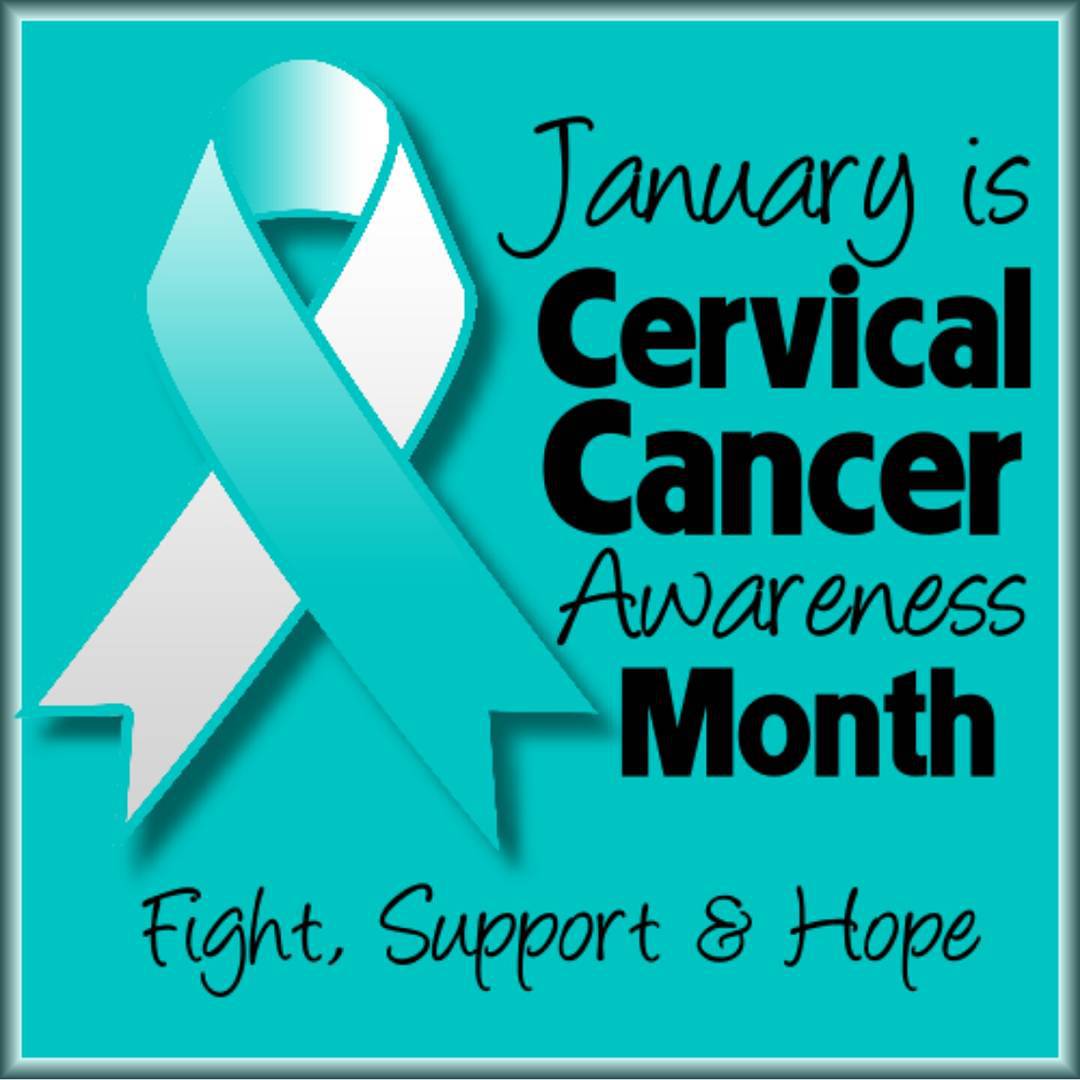
On March 11, 2020, the World Health Organization (WHO) declared that the initial outbreak of SARS-Cov-2 had attained pandemic status. That was nearly two years ago. That’s how long the world has been living with the COVID-19 pandemic. We have endured months of masks, social distancing, missed gatherings, celebrations, and events. This also includes nearly two years of missed doctor’s appointments, well checks, vaccinations, and medical screenings—including the routine cancer screenings that can detect cancer in early stages, when there are more treatment options and a higher probability of survival.
January is Cervical Cancer Awareness Month which makes it an ideal time to talk about how human papillomavirus (HPV) vaccines can help prevent cancer. HPV stands for human papillomavirus. You may know of HPV as the common cause of warts. You’ve probably heard that the HPV vaccine is recommended for girls. What you may not know is that the HPV vaccine is also recommended for boys and that it’s highly effective against several different types of cancers. The key to HPV cancer prevention is on-time vaccination at the recommended ages of 11–12 years and as early as age 9. If someone was not vaccinated between ages 9-12, vaccination is approved through age 26 for everyone and for some people who are 27-45 years old.
Getting recommended vaccinations may seem like just another task on our back-to-school checklists, but their significance is far more important than just keeping score with your to-do list. Vaccinations guard our children from the hidden dangers of nature’s bullies: vaccine-preventable diseases. The HPV vaccine is the first vaccine ever developed to prevent cancer. According to the CDC, nearly 80 million Americans – 1 out of every 4 people – are infected with HPV, a virus that causes six types of cancers. Nearly 36,000 of those millions will be diagnosed with HPV-related cancers this year, all of which could mostly be prevented through vaccination.
Cervical cancer is the fourth most common cancer among women globally with about 570,000 new cases each year and 311,000 deaths. These statistics represent women who are grandmothers, mothers, daughters, sisters, cousins, and friends. Cervical cancer is preventable and curable, as long as it is detected early and managed effectively. The WHO has a daring goal to eliminate cervical cancer worldwide by 2030. Achieving that goal rests on three key pillars: Vaccination, screening, and treatment.
The Northwest Georgia Regional Cancer Coalition partners with healthcare agencies and community organizations to provide low cost or no cost cervical cancer screenings (Pap smears) and the HPV vaccine series for the uninsured, under-insured, and underserved patients across Northwest Georgia. Working with our healthcare partners we identify and navigate patients through recommended screenings to increase early detection and reduce cancer mortality. Eligible patients must be within 200% of the 2021 Federal Poverty Guidelines. If you are a patient and think you may be eligible for a low cost or no cost Pap smear or HPV vaccination please visit one of our partners listed below or call us at 706-291-9998 for a referral. If you are a screening partner or health care provider with patients needing screenings or HPV vaccination, please contact us at 706-291-9998.
Screening and Vaccination Partners: Public HealthDepartments and Primary Healthcare Centers.
If you have concerns about the HPV vaccine or your risk of cervical cancer, talk with your healthcare provider.
Article by: Allison Agnew, Program Coordinator
Northwest Georgia Regional Cancer Coalition


Chattooga Public Safety
Chattooga County Man Arrested on DUI and Serious Injury Charges Following Wreck

Chattooga Schools
Berry Marketing Earns Design Honors

Chattooga Local News
DNR to Provide Warming Stations Beginning Saturday Ahead of Winter Weather

Chattooga Local News
Republican Leader Denise Burns Joins State Senate Race

Bulloch Public Safety
01/20/2026 Booking Report for Bulloch County

Bulloch Public Safety
01/12/2026 Booking Report for Bulloch County

Bulloch Public Safety
01/01/2026 Booking Report for Bulloch County

Bulloch Public Safety
12/29/2025 Booking Report for Bulloch County

Bulloch Public Safety
01/09/2026 Booking Report for Bulloch County






